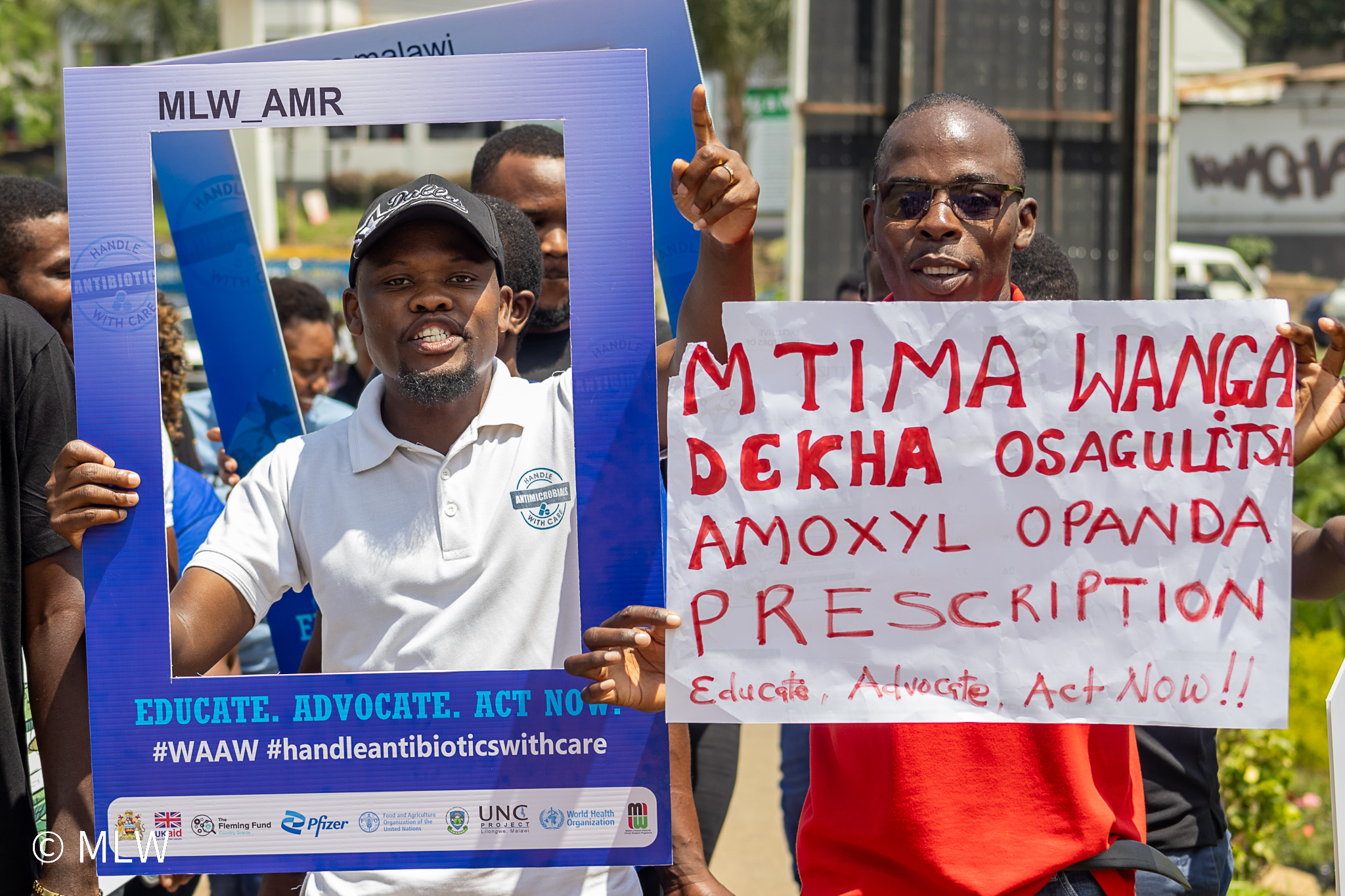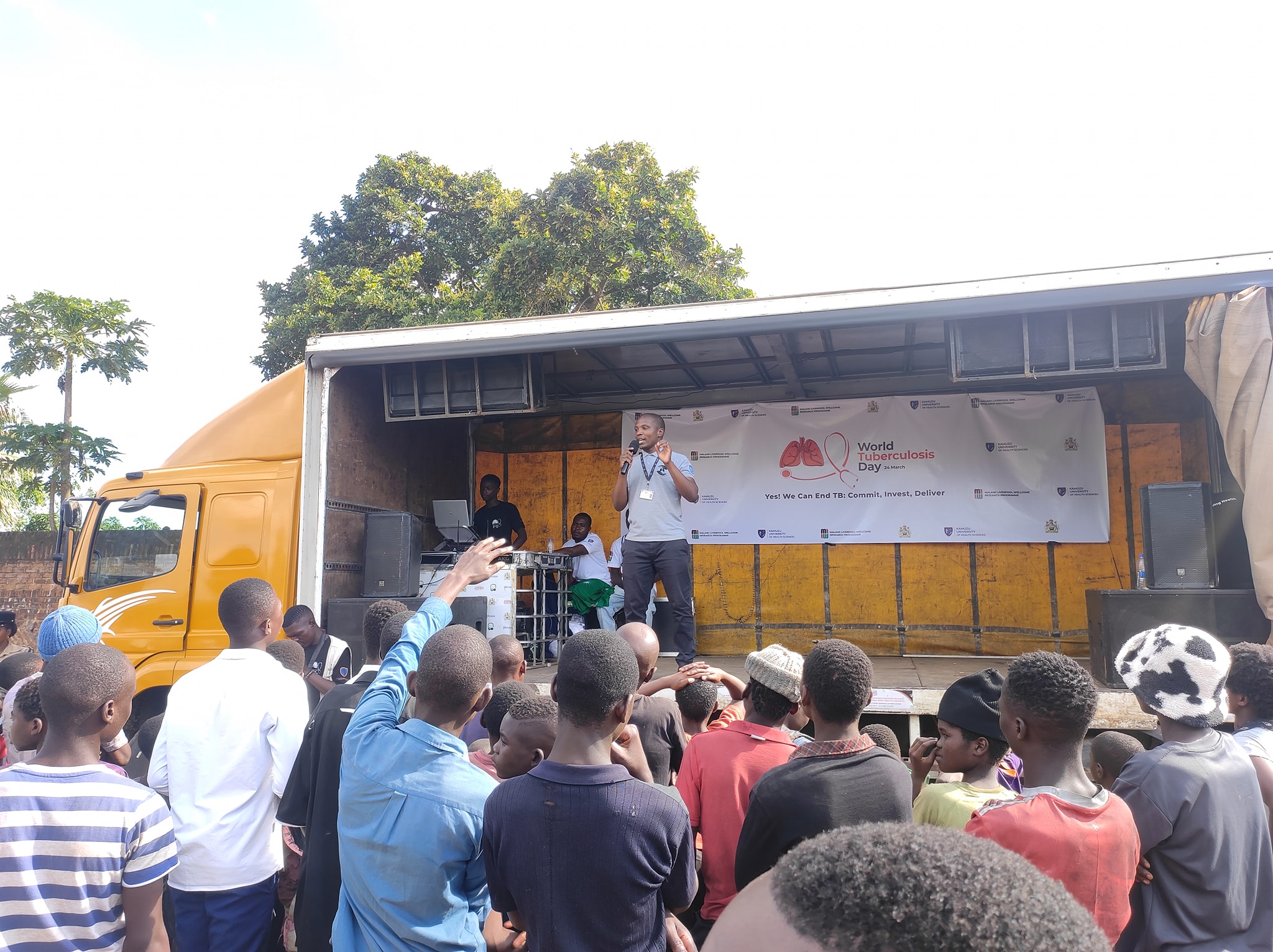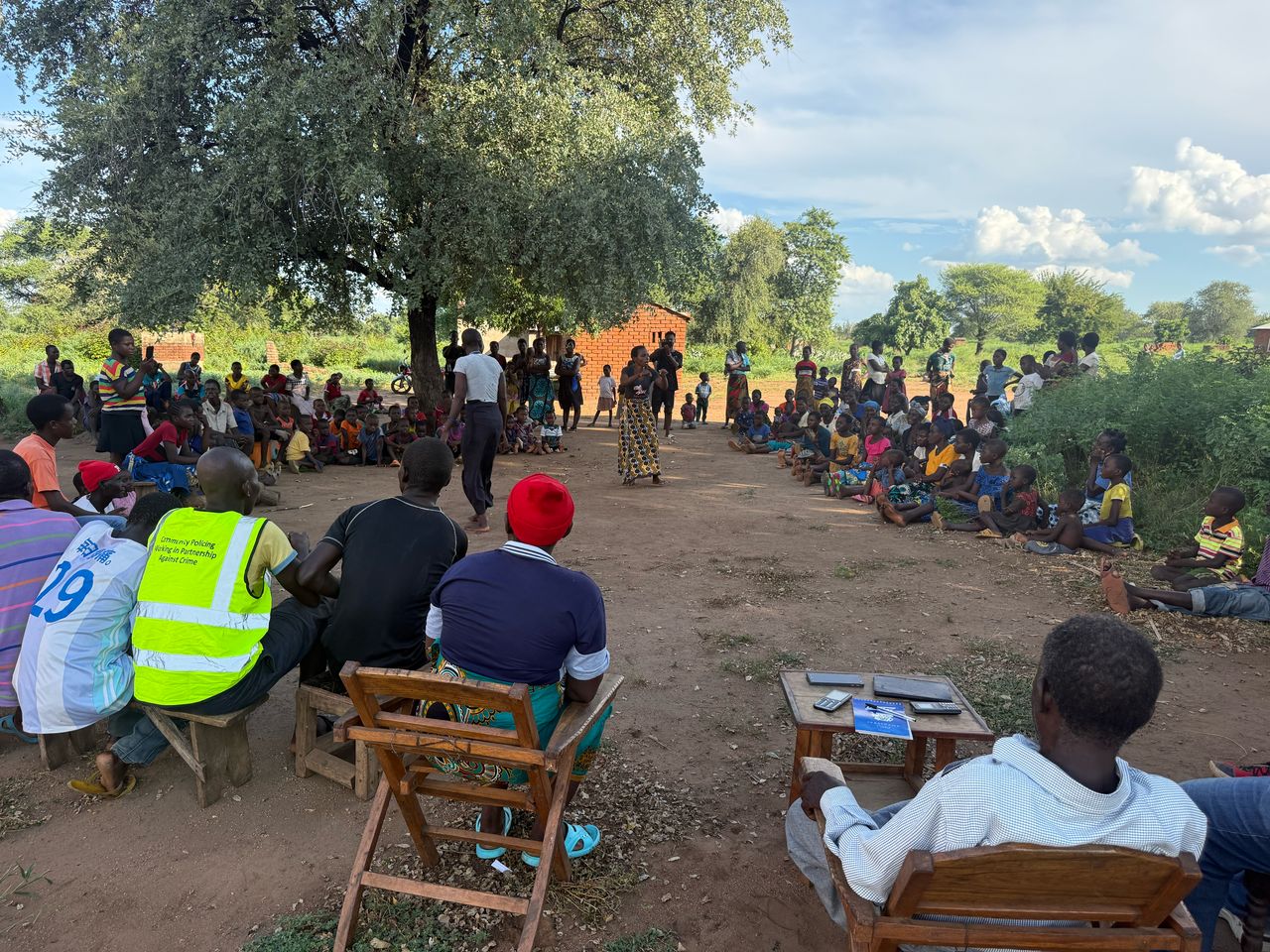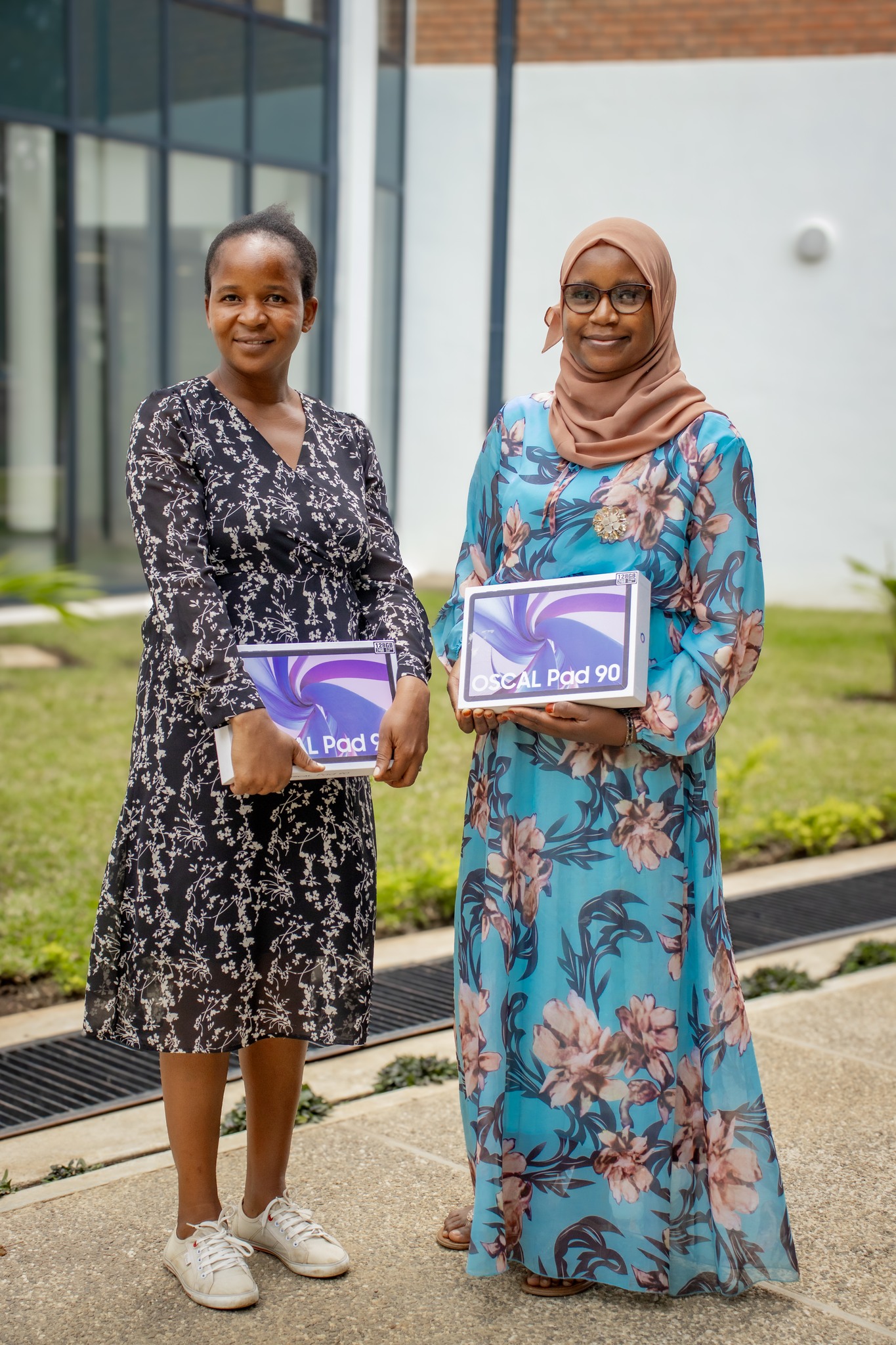The annual World Antimicrobial Resistance Awareness Week (WAAW), observed globally from November 18 to 24, focuses on raising awareness about antimicrobial resistance (AMR). For 2024, the campaign adopts the theme “Educate. Advocate. Act now,” encouraging stakeholders to enhance understanding of AMR and take definitive actions.
The World Health Organization (WHO) defines AMR as the phenomenon where pathogens, such as bacteria, fungi, and viruses, develop resistance to treatments that were previously effective. These medicines, which include antifungals, antiparasitics, antibiotics, and antivirals, are essential for preventing and treating infectious diseases in humans, animals, and plants. For humans, examples of such medicines include Amoxicillin (Amoxyl), Sulfamethoxazole/Trimethoprim (Bactrim), and Tetracycline. Continuous use over time triggers natural selection, causing microorganisms to evolve, adapt, and cease responding to these treatments.
AMR infections are difficult or impossible to treat, posing risks such as the spread of disease, increased healthcare costs, severe illness, disability, and even death. For instance, AMR raises fatality rates in individuals with life-threatening infections like malaria, tuberculosis, diabetes, and HIV/AIDS. Patients undergoing surgical procedures are also at increased risk due to weakened immune systems.
Current Research and AMR Burden in Malawi
Over the years, research on AMR trends globally and regionally has revealed this as a growing problem, leading to preventable deaths, prolonged hospital stays, and long-term treatments that are often toxic to patients.
The 2021 Global Research on Antimicrobial Resistance project reported that bacterial AMR was linked to an estimated 4.71 million deaths worldwide, with 1.14 million deaths directly attributed to resistance. This burden is disproportionately felt in sub-Saharan Africa due to struggling health systems, limited drug options, and severely underfunded health budgets, which are further strained by the increased costs of treating AMR-related infections. Inadequate surveillance systems also exacerbate the issue.
Predictive models estimate that 27.3 deaths per 100,000 people in the region are attributable to AMR. Specifically, in Malawi, over 15,000 deaths have been linked to or directly caused by AMR. These figures rival mortality rates from HIV/AIDS and cardiovascular diseases, though they remain slightly lower than those from respiratory infections and tuberculosis.
An AMR Technical Working Group (TWG) was established in 2016, with its secretariat at the AMR Coordinating Centre housed within the Ministry of Health. Although the TWG and Ministry of Health provide technical guidance and oversee the implementation of AMR initiatives across sectors, gaps in consistency and intensity persist. This inconsistency likely stems from limited funding for large-scale campaigns and insufficient political commitment to prioritize AMR advocacy.
According to the TWG, key gaps include a limited surveillance system that focuses primarily on human health and certain aspects of animal health, with minimal attention to environmental and aquatic sectors. Furthermore, surveillance efforts are concentrated in select districts and referral hospitals, leaving large parts of the country underrepresented. Additionally, AMR prevalence data remains scarce and fragmented, making it difficult to establish national trends or understand the full burden of AMR.
Way Forward
At the 79th United Nations General Assembly (UNGA) High-Level Meeting on AMR, world leaders, Quadripartite organizations, and other relevant partners approved a political declaration with clear targets and actions. These include reducing the estimated 4.95 million annual deaths associated with AMR by 10% by 2030.
To address AMR effectively, regular and robust awareness and education initiatives are essential. These initiatives should target healthcare professionals and the public, focusing on improving prescribing habits, promoting proper hygiene and sanitation, advocating for responsible antibiotic use within communities – especially with the increase of access to over-the-counter drugs – and encouraging the adoption of antibiotics with a lower risk of resistance.
Additionally, there is a pressing need for funding and resources to conduct comprehensive, localised research tailored to Malawi’s specific context. Such research would inform policies on infection prevention and control, access to essential antibiotics, and the development of new vaccines and treatments.
The impact of AMR underscores the urgency of this issue. It is time for Malawi to educate, advocate, and act now!



